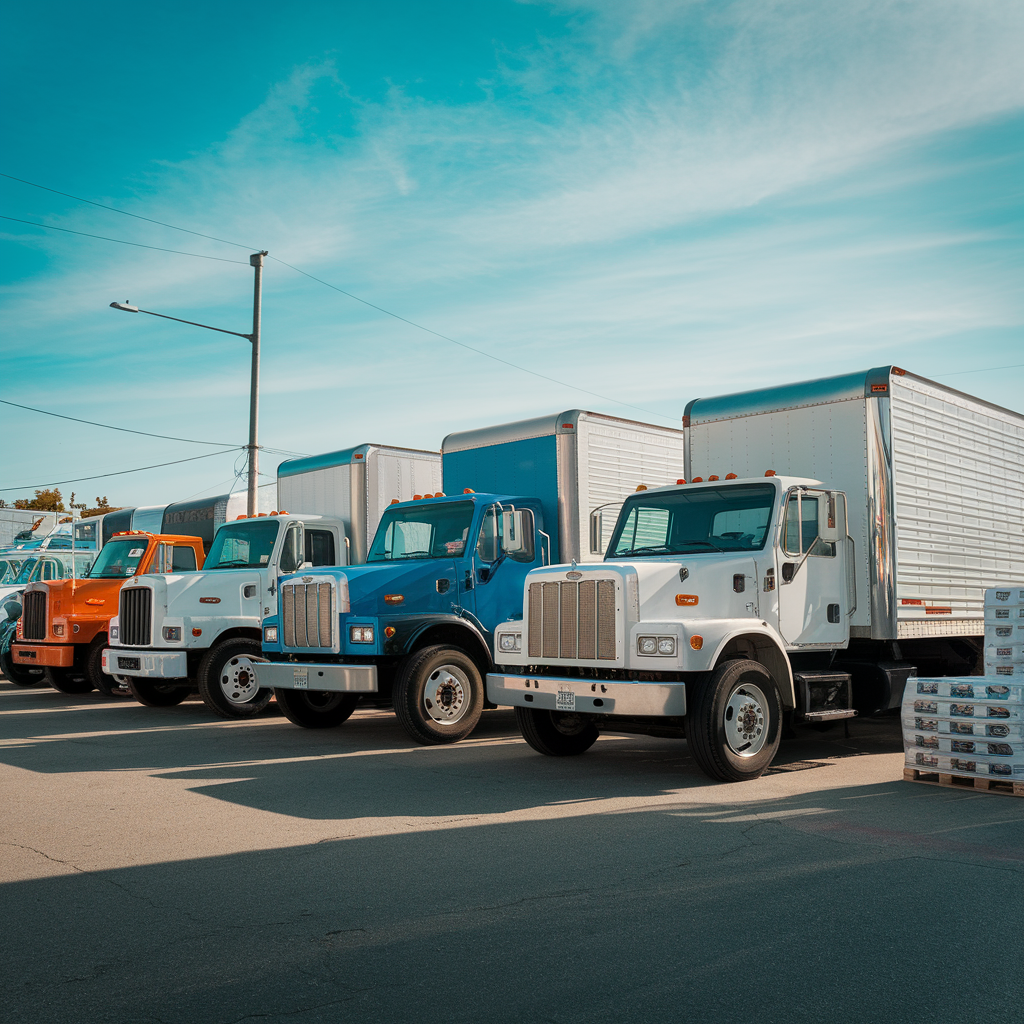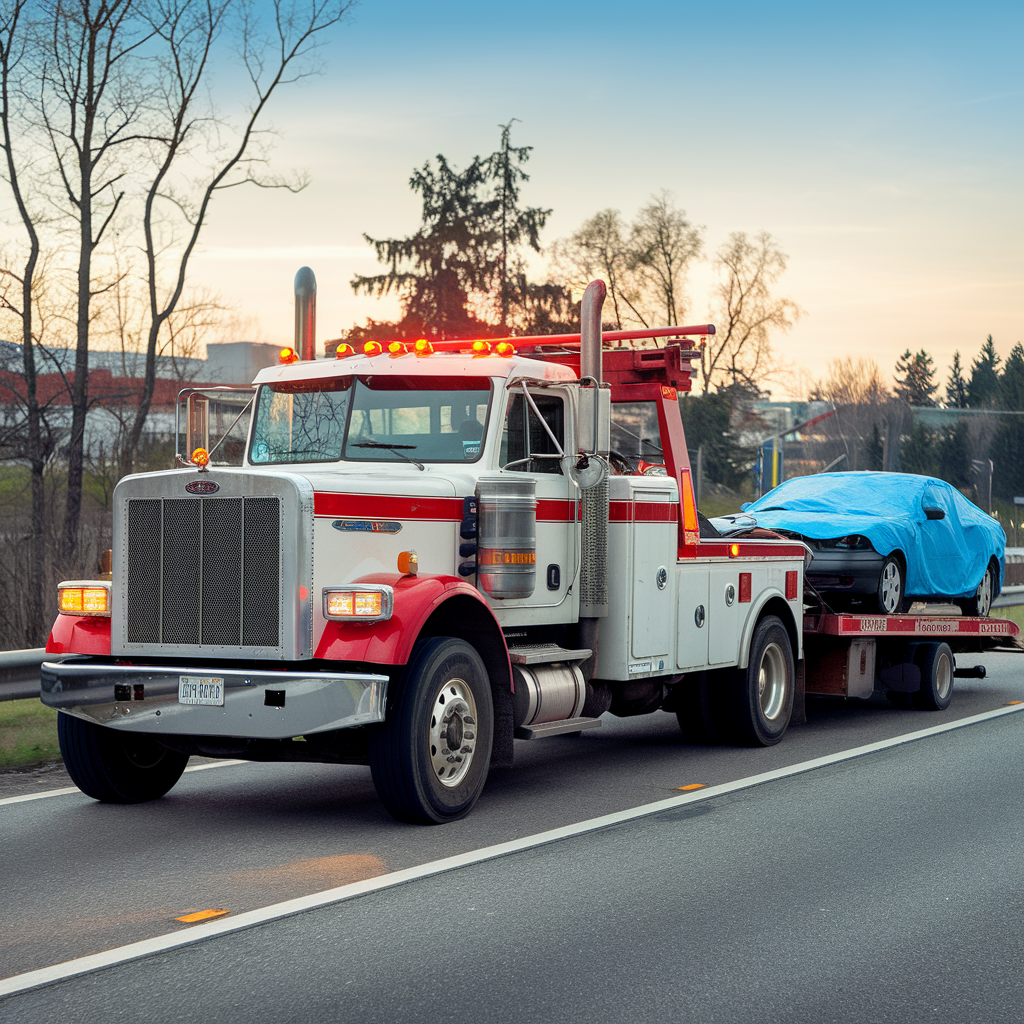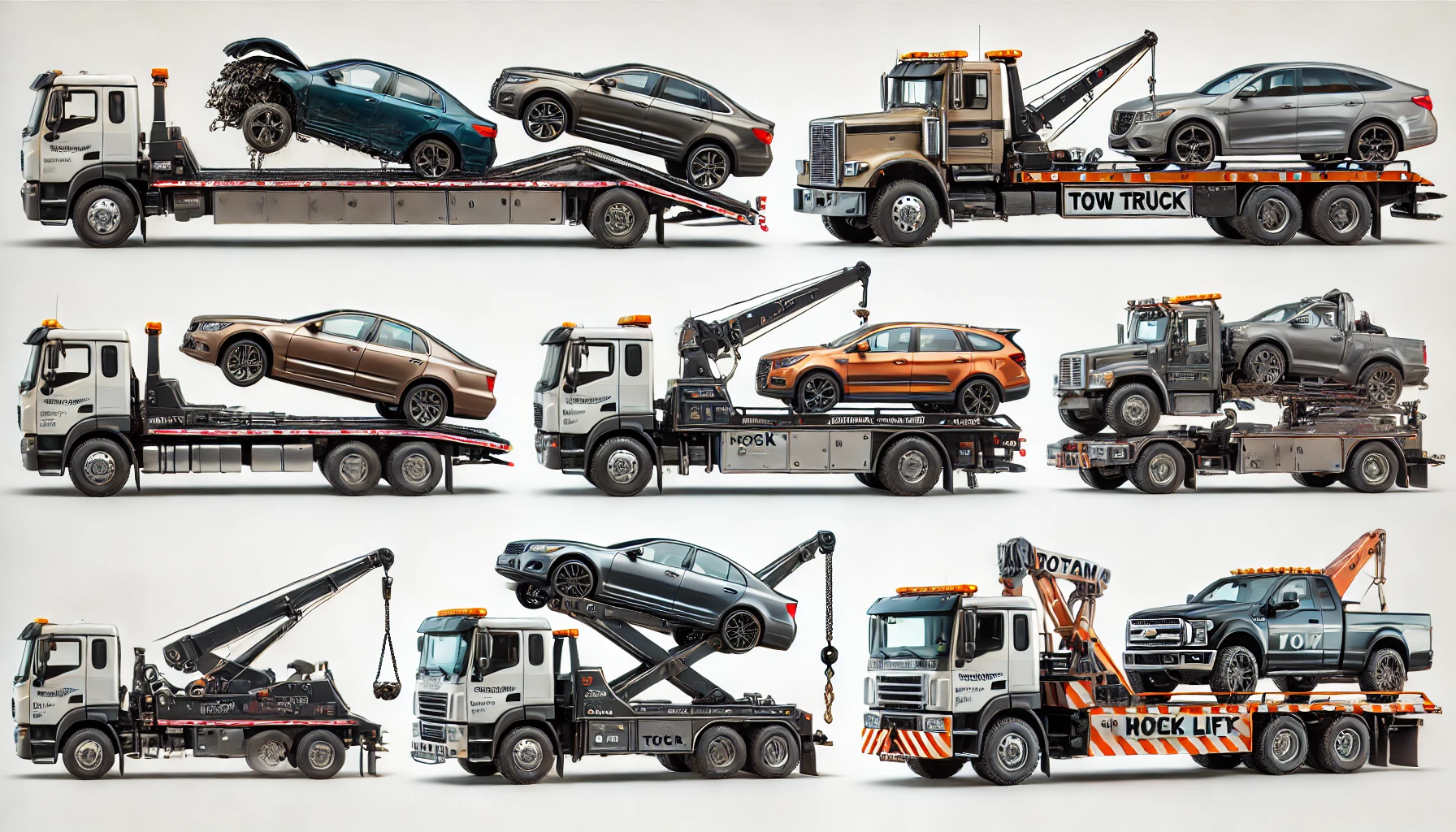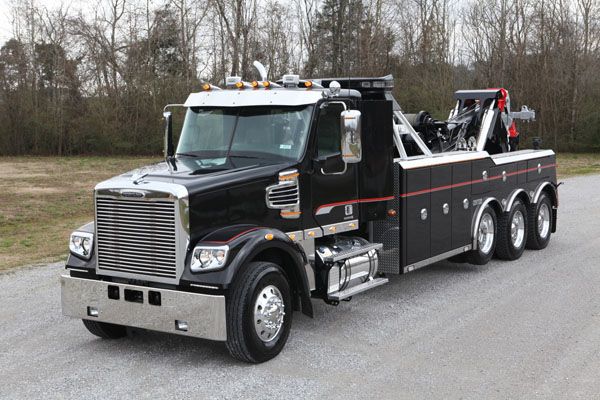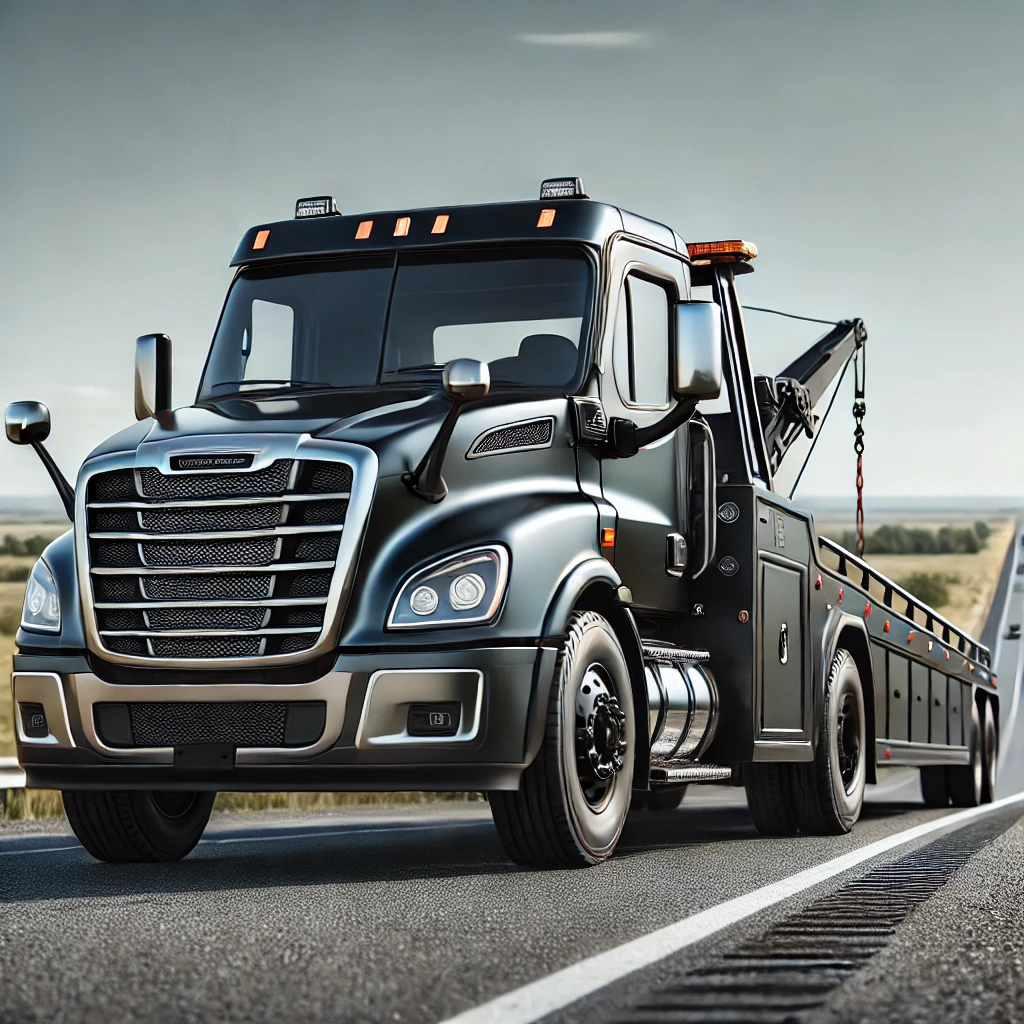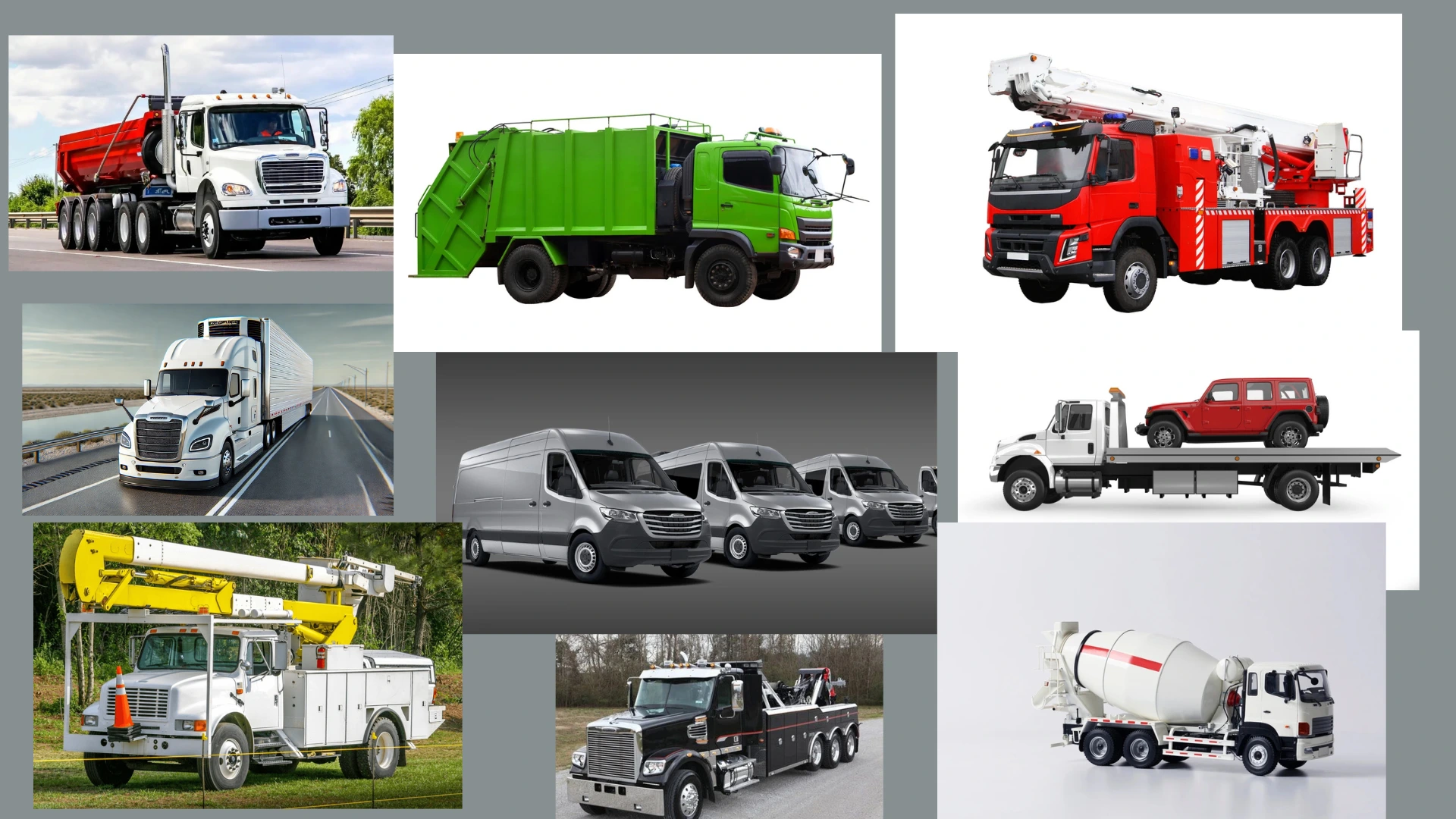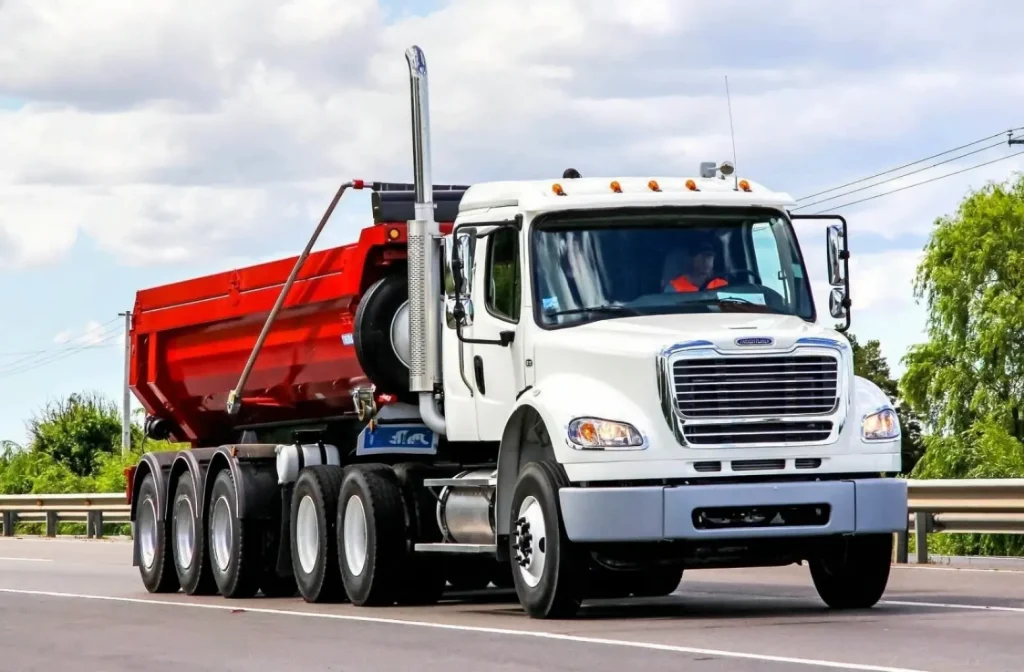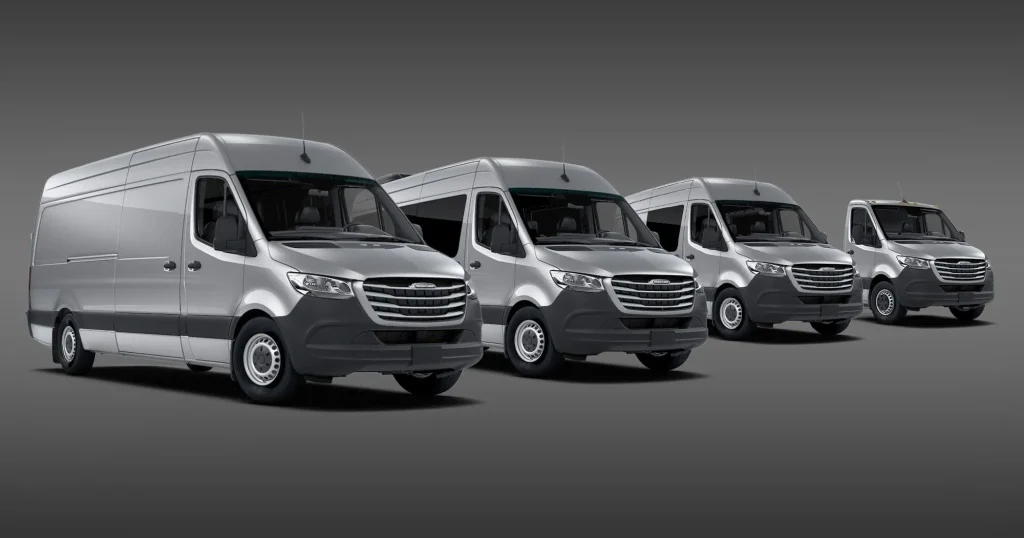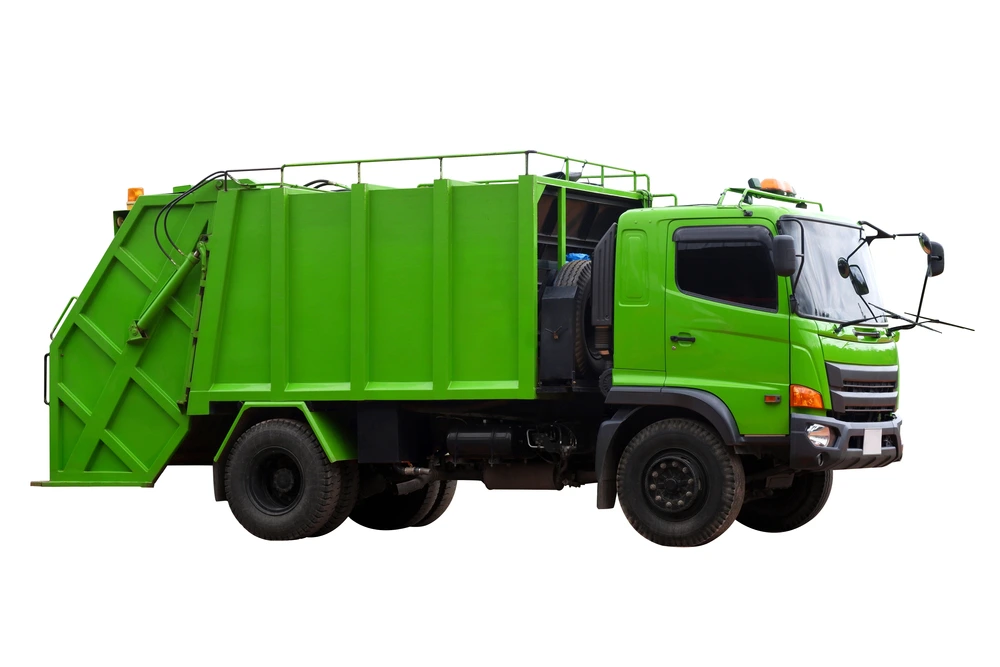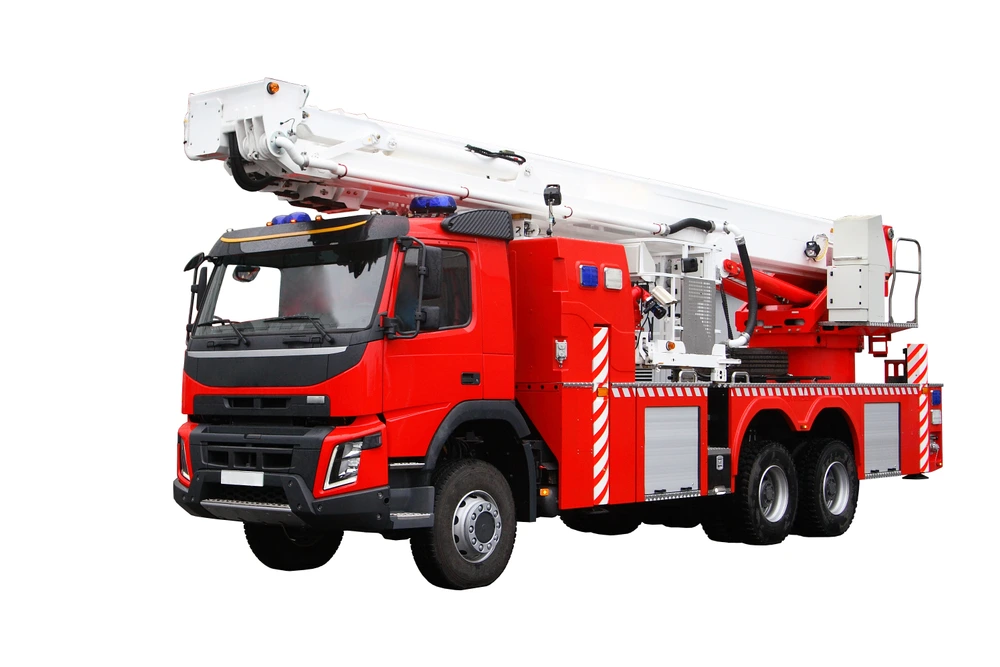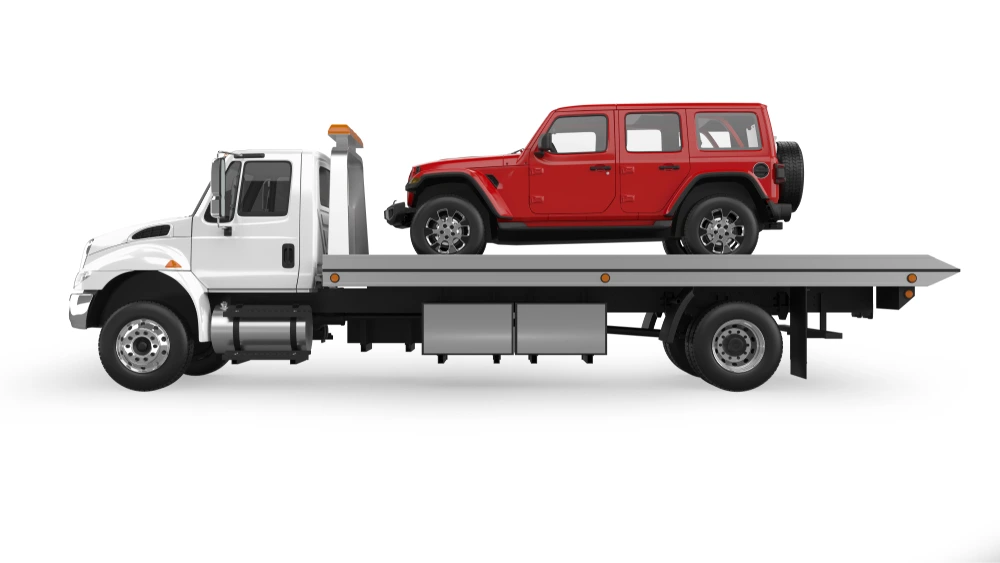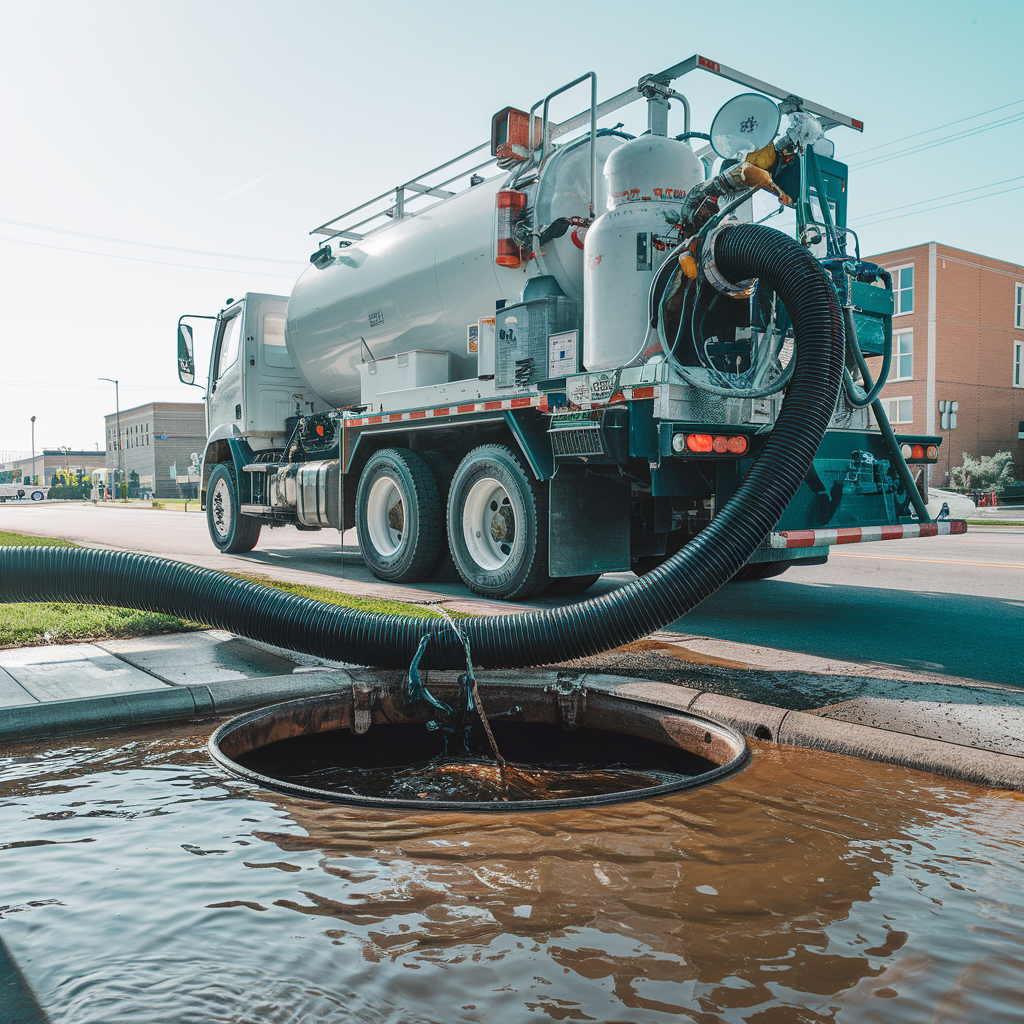
VACUUM TRUCKS EXPLAINED: TYPES, USES & HOW TO FINANCE ONE FOR YOUR BUSINESS
When it comes to handling the toughest cleanup job, one machine you can rely on is the vacuum truck. Vacuum trucks play vital roles in various industries such as construction, waste management, environmental service and emergency response. They aid in suctioning and transporting waste materials, fluids, debris, and hazardous materials, making them indispensable for maintaining public health standards and safety. They are vital after extreme weather conditions to clear debris, they help maintain the septic system and assist excavation projects.
In this guide, we will go deeper into what vacuum trucks are, their application and the different types that exist to help you get a good understanding of this type of truck. If you’re looking to acquire one, you will find relevant information on the right financing options to explore and how to get it done.
WHAT ARE VACUUM TRUCKS?
Vacuum trucks are heavy-duty machines used primarily for emptying and sucking up fluids, loose materials or any kind of debris from one place to another for proper disposal. Attached to it is a large tank used for storing materials collected. This tank is built with a pressure system or a water hose attachment that enables it to complete its job. In most cases, the vacuum truck will be used to break up the ground and suction up the debris.
Vacuum trucks are used across multiple industries such as waste management, tank storage, construction and mining. They are used for clearing streets, sewers, oil spills and other materials.
USES OF VACUUM TRUCKS
Vacuum trucks are powerful machines and they are also versatile. They can be employed for various functions and some of them include the following:
REMOVING DEBRIS
This is probably the most popular use of vacuum trucks. They are used to clear excess and leftover materials after construction projects. It can also be applied during serious weather conditions such as storms and floods to clear debris off major roads.
SEWER AND SEPTIC SYSTEM MANAGEMENT
Vacuum trucks are used to empty cesspits, septic tanks, pit latrines and communal latrines to prevent clogs and maintain system functionality. They are also utilized to empty portable toilets used at construction sites, events and other locations to ensure hygiene. After collecting waste, these vacuum trucks transport the waste to the proper locations such as treatment plants.
CONSTRUCTION AND EXCAVATION
Equipped with high-pressure water systems, vacuum trucks can break up soil to expose underground utilities during construction projects. They are useful and efficient when breaking up soil and suctioning the resulting slurry, minimizing the risk of damage compared to traditional digging methods.
They are also utilized to remove water, mud, and debris from construction sites, especially after heavy rainfall or flooding, ensuring a safer and more efficient work environment.
ENVIRONMENTAL SERVICES
In environmental emergencies, vacuum trucks are deployed to remove hazardous spills, contaminated soil and wastewater that are not safe for the environment and inhabitants. After storms, they help in removing water from sensitive areas to protect humans, wildlife, and nature. Their secure tanks aid in the safe storage of poisonous materials until they are carted off to areas far from where they can cause harm.
TYPES OF VACUUM TRUCKS
To perform various functions, vacuum trucks come in different types, and some are tougher and more versatile than the others. Also, while some can be used for smaller tasks, some operate at industrial levels.
HYDRO EXCAVATORS
Hydro excavators are quite common because of their demand in numerous industries. These vacuum trucks use a high-pressure water stream to break up debris, which is then suctioned up by the vacuum system. They are useful for emptying and unclogging sewers to ensure that they are clean and safe for public health reasons.
Hydro excavators can also be used for digging holes to install or repair pipes and wiring. These machines can serve different purposes with adequacy, reducing the need for laborious human resources and making work a lot faster.
DRY VACUUM TRUCKS
While hydro excavators rely on water streams to break up dirt and debris, the dry vacuum truck does not. Instead, it relies on a vacuum component to break up and suction up materials like leaves, dirt, and stones. It is important to note that it is called a dry vacuum truck because it does not need water to collect materials, which means that it can still collect wet substances
COMBINATION VACUUM TRUCKS
This type has a hydrostatic drive that enables it to handle both wet and dry materials. It features separate tanks for wet and dry operation and can efficiently switch between the two.
INDUSTRIAL VACUUM LOADERS
Industrial vacuum loaders are heavy-duty trucks built with drop boxes, cyclones, a filtration system, and a powerful vacuum system that can handle tough jobs. These machines are made for industrial applications such as waste removal and bulk material recovery. The filtration system ensures that there is no emission of toxic material into the atmosphere, making them particularly safe for the environment.
VACUUM TANKERS
These are powerful vacuum trucks built for operations that are more demanding compared to industrial vacuum loaders. They are used to haul massive loads of materials of industrial range. They can perform many tasks such as pumping, holding and transferring a wide range of slurries at larger capacities.
HOW TO FINANCE A VACUUM TRUCK
Aside from outright purchase, two major options available for business owners to acquire vacuum trucks include loans and leasing. These two options come with their own sets of pros and cons that should be carefully weighed before making a decision.
One primary difference between loans and leasing is the ownership at the end of the financing term. By taking a loan, you get to own the vacuum once the payment has been completed. However, with leasing you get to pay a regular amount of money as you use the truck, which does not translate to ownership at the end of the lease period. Regardless, the lease-to-own option allows for a buyout so that you can gain ownership of the truck.
GETTING THE RIGHT VACUUM TRUCK WITH INSPIRED FUNDING
All vacuum trucks are built differently and are used in different applications. Getting the right vacuum truck will require you to assess your business needs, including the type of materials you will handle, required capacity and preferred features.
Budget considerations are also a vital aspect you want to consider as well as the financing options available to you. The good news is that there are many options to consider such as leasing and taking a loan. The option to choose from typically depends on your financial situation such as your credit score and length of time in business. While many lenders will consider a credit score of 640+ before considering you for a loan, Inspired Funding assesses individual financial situations on a needs basis for tailored financial support. Also, expect to enjoy other benefits such as lenient credit score requirements on leased vacuum trucks and fair down payments.
ABOUT INSPIRED FUNDING
If you’re looking for the best financing for your truck business, Inspired Funding is here for you. With tailored financing plans and a range of flexible options, we make it easy for you to get the truck you need and make paying for it a breeze.
Inspired Funding has been helping businesses finance various commercial vehicles, including semi-trucks, cargo vans, dump trucks, and other essential heavy equipment to keep your business moving. We offer competitive interest rates and affordable down payments to fit your budget.
Worried about credit? No problem! We can help you navigate credit score challenges by providing financing solutions designed to get you on the road faster.
Ready to finance a bulldog or a dragon wagon? Give us a call today to get started!

